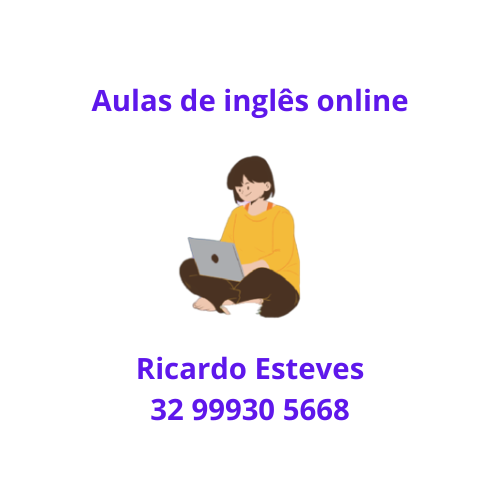Oração em inglês sobre Natal
Vamos celebrar o Natal em inglês. Uma linda oração em inglês sobre Natal para você.
Uma oração em inglês sobre Natal para você
Dear Heavenly Father,
As we gather together on this joyous occasion of Christmas, we lift our hearts in gratitude and praise. We thank you for the precious gift of your Son, Jesus Christ, whose birth we celebrate with love and reverence.
In the midst of the festive decorations and the warmth of our loved ones, we are reminded of the true meaning of Christmas – a time of hope, peace, and the boundless love you bestowed upon us through the miracle of Christ’s birth.
We pray for those who may be feeling lonely or burdened during this season. May your comforting presence surround them, and may they experience the true joy that comes from knowing you.
As we exchange gifts and share meals with family and friends, let us not forget the greatest gift of all – the gift of salvation through Jesus Christ. May we reflect on the significance of this gift and strive to live in a manner that honors the teachings of your Son.
Lord, bless this Christmas season with moments of laughter, kindness, and generosity. Help us to extend a helping hand to those in need and to share the love and joy that Christ brought into the world.
We also remember those who are facing challenges, illness, or loss during this time. Grant them strength, comfort, and healing, and may the spirit of Christmas bring them solace and renewed hope.
In the midst of the festivities, let us take a moment to express our gratitude for the blessings you have bestowed upon us throughout the year. We are thankful for your guidance, protection, and the countless ways you have shown us your love.
As we celebrate the birth of Jesus, may our hearts be filled with gratitude, joy, and a deep sense of your presence. May the message of Christmas resonate in our lives throughout the coming year.
In Jesus’ name, we pray.
Amen.

Jesus is born














